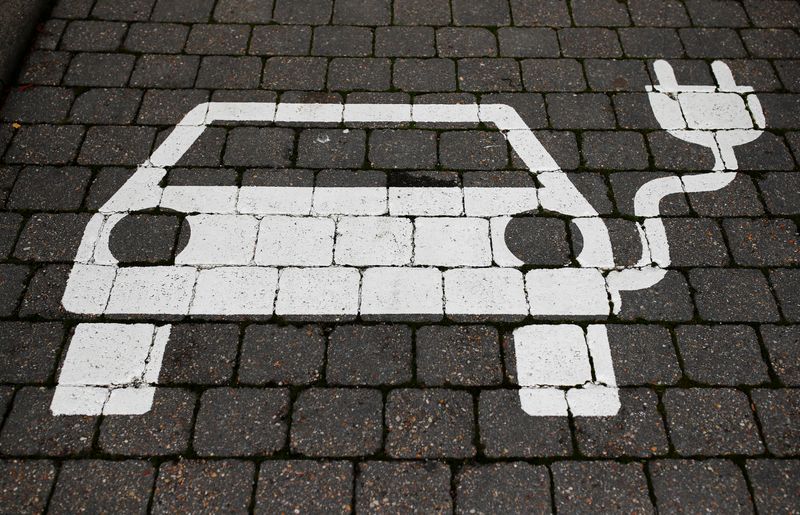SYDNEY (Reuters) - The state of Western Australia will allocate land to a battery metal processing facility proposed by IGO Ltd and Wyloo Metals, which is backed by billionaire Andrew Forrest, as the country pushes to process more critical minerals at home.
Australia, which supplies nearly half the world's lithium and is a major producer of rare earths, wants to move up the critical mineral value chain to reduce the global reliance on China, which dominates the sector.
The proposed facility in Western Australia, the country's largest mining state, would be Australia's first to produce nickel-cobalt-manganese precursor cathode active material, used to make components for the lithium-ion batteries common in electric vehicles.
The state government on Friday announced it would allocate 30 hectares (74 acres) of land within the Kwinana-Rockingham Strategic Industrial Area for the proposed plant, which is expected to cost up to A$1 billion ($678 million). An accompanying statement did not specify the deal terms.
IGO acting CEO Matt Dusci said the land deal was a "critical step" to better integrate into the battery supply chain.
"We believe the area where Australia can be most competitive is in mid-stream battery chemical processing," Dusci said in a statement.
A final investment decision for the project is subject to a feasibility study, due in mid-2024, and finding a project partner with battery chemical processing experience.
A global battery chemical manufacturer has shown "strong interest" in the project, according to IGO's statement.
Western Australia, which holds a majority of the country's critical mineral reserves, is at the forefront of the push to build processing capacity.

The proposed site will be next to the Kwinana Lithium Hydroxide plant, jointly owned by IGO and China's Tianqi Lithium Corp, which last year produced the country's first battery-grade lithium hydroxide, a critical input for electric-vehicle batteries.
($1 = 1.4741 Australian dollars)